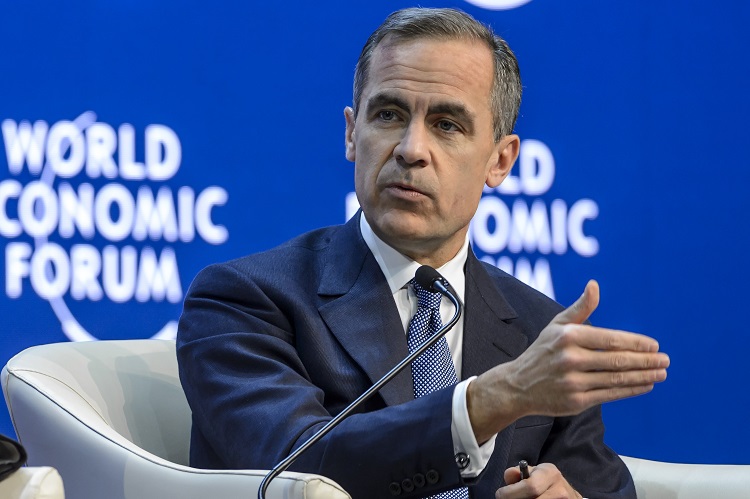While You Were Working …
The Bank of England admitted it can’t see into the future
In testimony that was ostensibly about why the Bank of England got its predictions wrong about what would happen to the UK economy in the aftermath of the Brexit vote, the main headline appears to be an admission that the BoE doesn’t have the financial models needed to predict the next financial crisis. Fair enough. But even if the models were there, would policymakers have the courage to act during the boom that precedes the bust? Getting back to the Brexit economic forecast, the same can be said for doom and gloom forecasts about what the election of Donald Trump would do for the US economy. Clearly, we are only looking at short-term data, but are we approaching the point where populists in places like France, Germany and the Netherlands will use hard economic data to make the electoral case for their candidates?
Synthetic securitization is making a comeback
Securitization took it in the chin in the aftermath of the financial crisis. Some groups have been trying to resurrect securitization – particularly in Europe – and researchers at Deutsche Bank say there are glimmers of hope in one niche area. Balance sheet synthetic securitization deals appear to be on the road to recovery. They say an increase in such deals, which offer flexibility related to underlying loans, will help lending in Europe and even go so far as to note that the particular market segment “exhibits robust asset quality” … which is always kind of nice to know.
Can going green keep making the green?
The Bloomberg New Energy Finance Global Summit has been on my radar for a couple of years now. I haven’t yet attended the event, but maybe this year will be the year (April 24-25 in NYC). William Young, the director of the summit, rolled out a thoughtful preview of the event, including a look at how political changes and technological advance stand to affect what has, thus far, been a growing and dynamic sector within finance.
Speaking of new energy
This story is about a former finance guy who has transitioned to a small fintech working to “crowd sell” solar power in South Africa. What technology is his team trying to advance the use of solar power? Blockchain. Of course. One might say they are using distributed ledger to revolutionize distributed solar.
Auto lenders are using smart technology to do dumb things
This piece in The New York Times about cars being equipped with GPS tracking devices so banks can disable them when a payment is missed fails to ask or answer the next logical question: What is to stop banks from adopting similar strategies for houses. Banks argue they have a right to disable the cars because they technically own the vehicle and the ability to disable the vehicle makes it easier for them to repossess the property and or motivate the borrower to get up to date on their payments. Well … banks technically own houses. And with all the latest Internet of Things technology being rolled out in the modern household, the technology exists to lock and secure a home remotely. The NYT piece gives lip service to a few nightmare scenarios that have already occurred when cars have been disabled remotely. All of those pale in comparison to what would happen if a parent strolled out to their front door to check the mail and wound up being locked out of their house … while their infant and toddler children were inside!
Showtime and the Beautiful Game
In the sports world, the Los Angeles Lakers fired General Manager Mitch Kupchak and EVP Jim Buss and installed Earvin “Magic” Johnson as president of basketball operations.
There were 14 goals in two games of UEFA Champions League action. FOURTEEN GOALS! Atletico Madrid beat Bayer Leverkusen 4-2 while Manchester City outlasted AS Monaco in an absolute scorcher of a game. Pep Guardiola’s men got the W, but if you don’t know the name Kylian Mbappe, you should. And you will. Wow.
